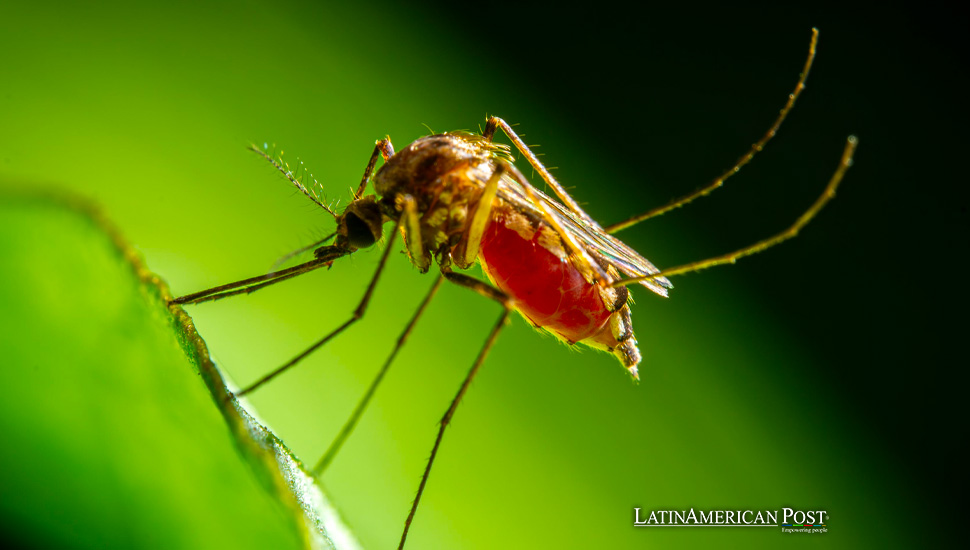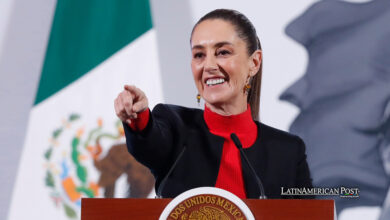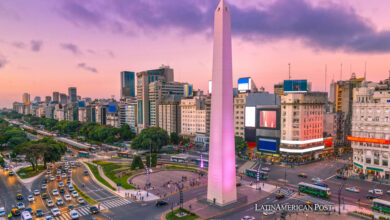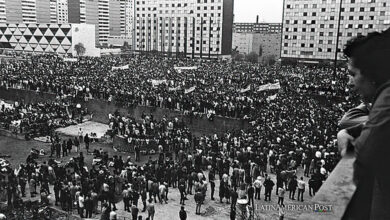Rio’s Dengue Fever Emergency Casts Shadow Over Carnival’s Festive Spirits

Rio de Janeiro braces for its iconic Carnival festivities; the city confronts a dengue fever outbreak, prompting a public health emergency declaration and a concerted effort to safeguard residents and visitors during this peak tourist season.
In the vibrant heart of Rio de Janeiro, where the rhythm of samba usually permeates the air in anticipation of Carnival, a more somber tone has been set this year. The city, a melting pot of culture and festivity, grapples with an outbreak of dengue fever, casting a shadow over the impending Carnival celebrations. Despite the outbreak, the festivities, set to commence on Friday evening and run until February 14 officially, are expected to proceed, albeit under the vigilant gaze of health authorities implementing a series of measures to contain the spread of the disease.
In response to the escalating health crisis, Rio’s city hall has taken decisive action, opening ten care centers dedicated to treating dengue patients and establishing an emergency operations center. Hospital beds have been specifically allocated to those suffering from the illness, and “smoke cars” are being deployed in high-incidence areas to diffuse insecticide, aiming to curb the mosquito population responsible for transmitting the virus.
The timing of the outbreak could not be more critical, coinciding with the influx of tourists and Carnival enthusiasts flocking to the city to partake in the legendary street parties and witness the extravagant samba school parades. In light of these circumstances, Rio state, under the guidance of Gov. Cláudio Castro, has launched the “Against Dengue Every Day” campaign. This initiative seeks to raise awareness among Carnival attendees by distributing repellents, informative stickers, bandanas, and hats alongside a 15-second public service announcement set to air at the Sambadrome, the epicenter of Carnival’s grandest spectacles.
Nationwide Crisis: Dengue Cases Surge Across Brazil
Since the onset of 2024, Rio has reported more than 10,000 cases of dengue, nearly half the total recorded throughout 2023. This surge in cases reflects a broader national crisis, with at least four Brazilian states—Acre, Minas Gerais, Goias, and the Federal District—declaring public health emergencies due to the spread of the disease.
In an unprecedented move, the Brazilian Air Force has erected a 60-bed field hospital in the Federal District’s Ceilandia to alleviate the burden on emergency care units overwhelmed by dengue patients. This response underscores the severity of the situation, with the Federal District alone accounting for approximately 20% of the country’s dengue cases.
Dengue fever, a viral infection transmitted through the bite of infected mosquitoes, thrives in tropical climates, particularly in frequent rains and high temperatures. These factors, prevalent in Rio’s climate, facilitate the rapid hatching of mosquito eggs and the development of larvae, exacerbating the risk of outbreaks.
Rio Mayor’s Call to Action
The World Health Organization has linked climate change to the increased incidence of dengue, citing rising temperatures and higher rainfall as contributing factors to the disease’s proliferation. In the face of this growing threat, Rio Mayor Eduardo Paes has called upon residents to take proactive measures by eliminating sources of still water, which serve as breeding grounds for mosquitoes.
Paes’s appeal emphasizes the role of individual responsibility in combating dengue, contrasting it with the collective reliance on government action during the COVID-19 pandemic. This call to action highlights the unique challenges posed by dengue, where community engagement and environmental management play crucial roles in prevention.
Rio’s Carnival Navigates Public Health Crisis with Resilience
Amidst this health emergency, Brazil has taken a significant step forward by approving a vaccine against dengue in March 2023, becoming the first country to offer such a vaccine through its public health system. With more than 3 million individuals slated to receive the vaccine in 2024, there is a glimmer of hope for combating the spread of dengue.
Also read: Health Authorities Confirm that the ‘JN.1’ Variant of COVID-19 is Circulating in Colombia
As Rio de Janeiro navigates the dual challenges of hosting the world-renowned Carnival amidst a public health crisis, the city embodies a testament to resilience and adaptability. The concerted efforts of government officials, health workers, and citizens alike underscore a collective commitment to safeguarding public health while preserving the spirit of celebration that defines Carnival. This delicate balance between festivity and vigilance serves as a reminder of the complexities of managing public health in the age of climate change and global connectivity.





